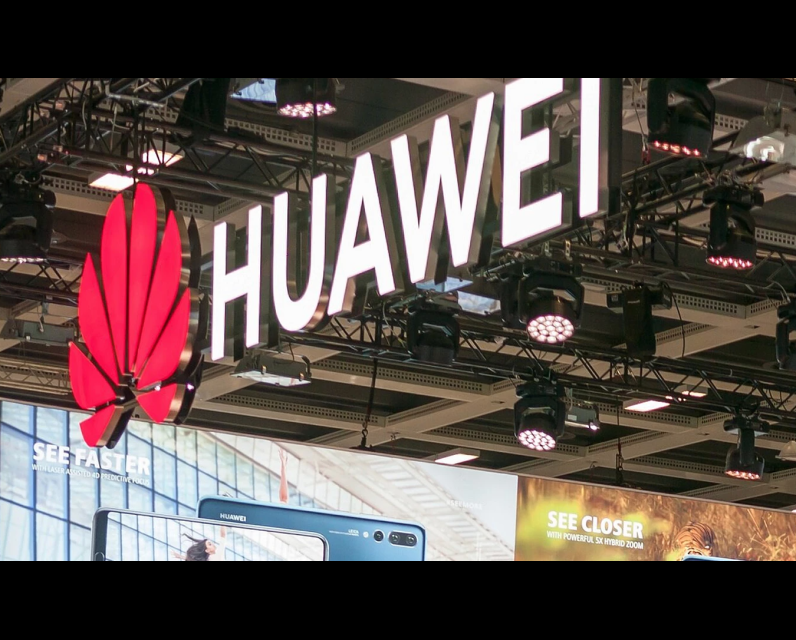Unpublished Opinions
Paul has proven experience in governance. Prior to his election in 2019, he served 11 years as director of Mid Island Co-op and as an advisor to several other bodies. For three years he was a director on the national board of the Council of Canadians representing the B.C. Yukon region. He was a director on the board of the development company for Pacific Gardens Cohousing Community, a multi-million dollar housing project
My Position on Meng Wanzhou

To start, I want to say that my main concern is with the release of Michael Spavor and Michael Kovrig and putting an end to hostage diplomacy. That is my reason for speaking out on this issue and the reason I agreed to participate in the panel discussion. I think the name of the event is unfortunate. It does not reflect the complexity of the situation or my position on it.
Anyone who knows my background, advocacy, and work in the House of Commons knows that I am also very concerned about human rights in China, the persecution of the Uighers and pro-democracy activists in Hong Kong, the Chinese surveillance state and the Canada-China FIPPA.
In July 2020, the Green Party caucus put out a statement. We called on the federal government to demand that the United States drop criminal charges against Huawei executive Meng Wanzhou, and withdraw its extradition request, so that Canada can release her. We did this because we want to see the release of Michael Spavor and Michael Kovrig.
That was and remains my position.
Canada can not unilaterally release Meng Wanzhou. Canada is a signatory to extradition treaties with the United States and a number of other countries. These treaties have the force of law behind them and need to be respected. There should be no political interference in that process.
US president Donald Trump is key to everything that has happened with Meng Wanzhou. His actions led directly to Michael Spavor and Michael Kovrig being jailed in China.
The Trump administration abused the trust of the Canadian authorities and abused international diplomatic norms. The timing of Meng Wanzhou’s arrest in Vancouver was telling. It occured right before a trade meeting between President Trump and President Xi at the G20 in Buenos Aires.
To quote former Crown prosecutor and prominent media commentator Sandy Garossino
“What could be a better pressure tactic in trade talks than to orchestrate a surprise glorified perp walk on the global stage?
Meng's arrest wasn't important, necessary or urgent. It was a show.”
-
U.S. strong-armed Canada into calamitous Meng strategy, National Observer, June 30th, 2020
Indeed, just days after her arrest, President Trump made a remark about using Meng as a bargaining chip in trade negotiations.
This was not the first or the last time that Trump acted in an irresponsible and dangerous manner. He has regularly ignored international norms of diplomacy, evidence and multilateralism. As a result Michael Spavor and Michael Kovrig are sitting in a Chinese jail with no end to their ordeal in sight.
The pretence employed to arrest Meng Wanzhou was that she misled HSBC and placed the bank at risk of violating US sanctions against Iran — and that Huawei had violated those sanctions. Those unilateral sanctions imposed by the Trump administration were bogus from the beginning.
In 2015 during the Obama administration, Iran, China, France, Russia, the United Kingdom, Germany and the United States ratified the Iran Nuclear Deal. During his election campaign Trump vowed to tear it up.
In March 2018, the director of the International Atomic Energy Agency reported that “Iran is implementing its nuclear-related commitments.” The deal was working.
The Trump administration wanted changes to the Iran Nuclear Deal, made accusations of non-compliance, and ultimately imposed the unilateral sanctions. These are the sanctions that Huawei was accused of violating and Meng was accused of putting HSBC at risk of violating.
It’s important to point out that historically it has always been corporations that have been charged in connection with sanctions violations, not individual corporate executives. This also makes the Meng Wanzhou case unusual.
It’s my hope that the incoming Biden administration will return to multilateralism, drop the charges against Meng Wanzhou, and withdraw the extradition request. It’s the only way for her to be released in accordance with international norms and the rule of law. And it does not require the US to drop its charges against Huawei. I also hope that the new US administration will re-commit to the Iran Nuclear Deal, and drop the sanctions imposed by Trump.
Nothing I have said should be interpreted as giving the government of the People's Republic of China a free pass. I am deeply concerned about the persecution of Uighurs and other ethnic minorities in China and I reject any assertion that this is not happening. I trust the Amnesty International reports on this issue. I am concerned about the treatment of pro-democracy activists in Hong Kong and mainland China. I share the concerns raised by Noam Chomsky and Edward Snowden about the Chinese surveillance state. I think there are good reasons to have concerns about the use of Huawei technology in Canada. And the implications of the anti-democratic Canada-China FIPPA agreement is an issue I have been raising for years and something that all Canadians should be concerned about.
Canada is caught between two bullies, the Trump administration and the government of the People's Republic of China. We are the pawns in this geo-political chess match and two of our citizens are suffering the consequences. We need to stand up to both of these bullies.
As I said at the beginning our extradition treaty is important and must be respected. We don’t often hear about extradition proceedings in the news but if you do a quick google search you will find examples of extradition cases for murderers, rapists, and embezzlers who have robbed people of their savings. The victims in these cases deserve to have these accused perpetrators brought to justice in Canada. There should be no political interference in our extradition process. The courts must decide these cases.
Opening a path to a diplomatic solution that will lead to the release of Michael Spavor and Michael Kovrig is my overriding concern here today. This is what we offered in our caucus statement, and it should not be confused with support for a unilateral release of Meng Wanzhou. Others on the panel may disagree with that position. That’s fine. It’s good to get out of our echo chambers and discuss and debate ideas and problems. In fact it’s essential for a strong democracy.



Comments
Be the first to comment